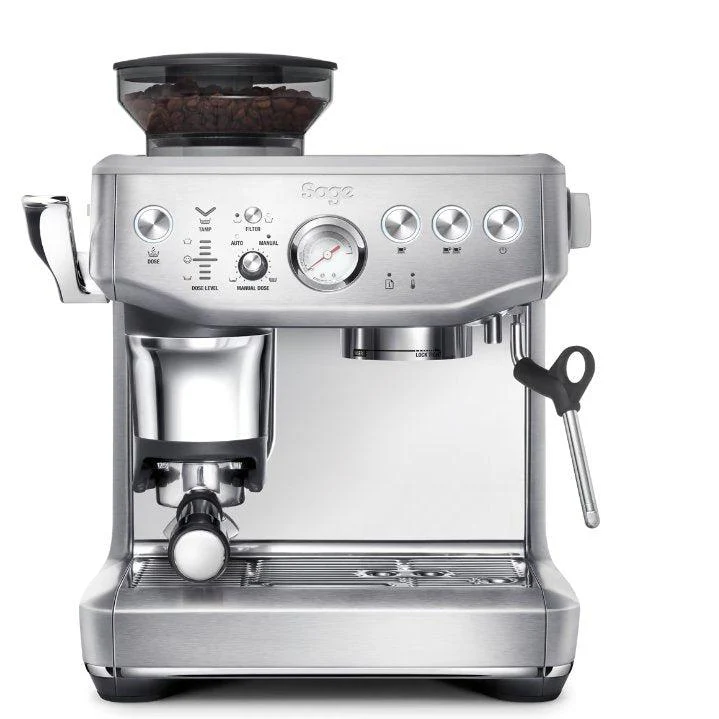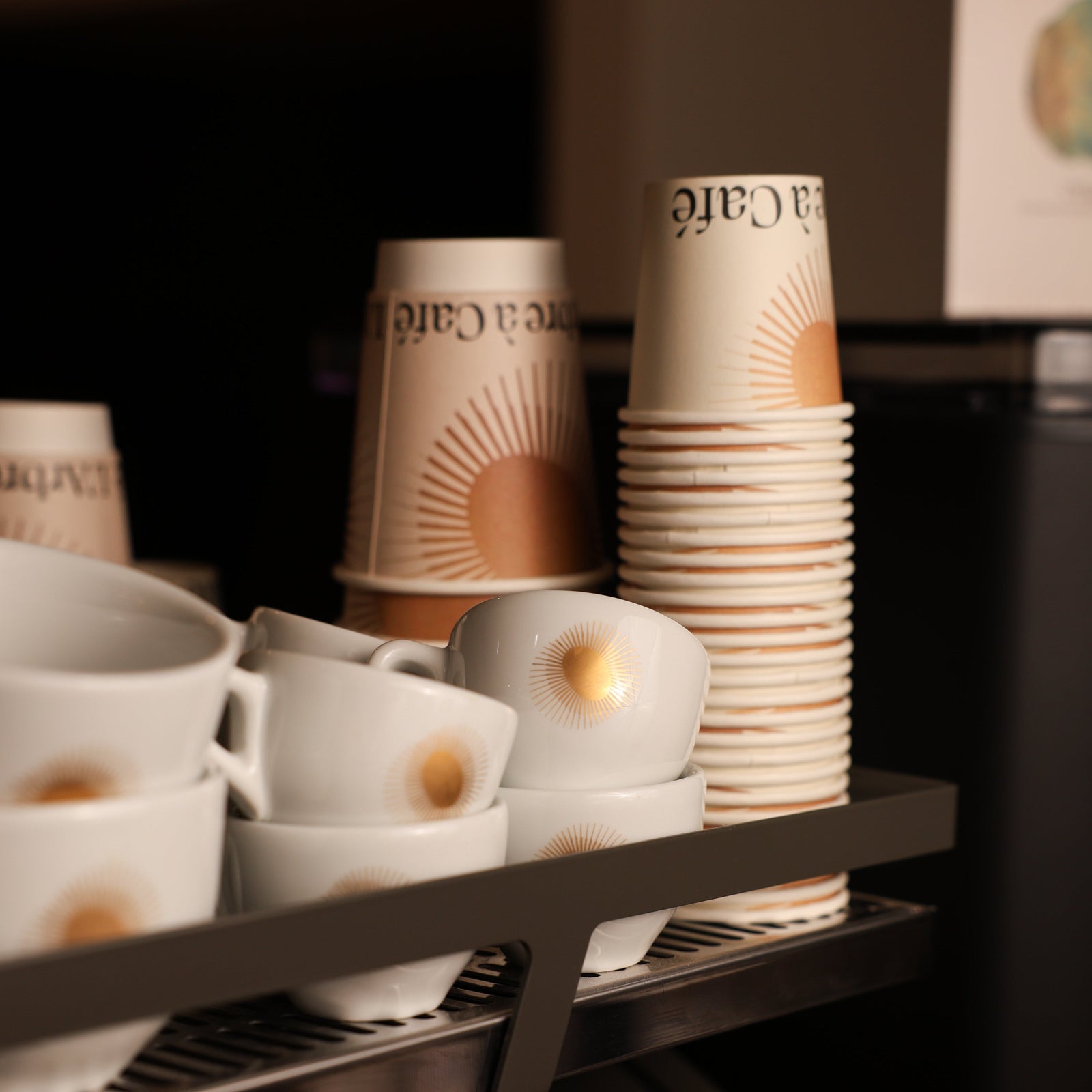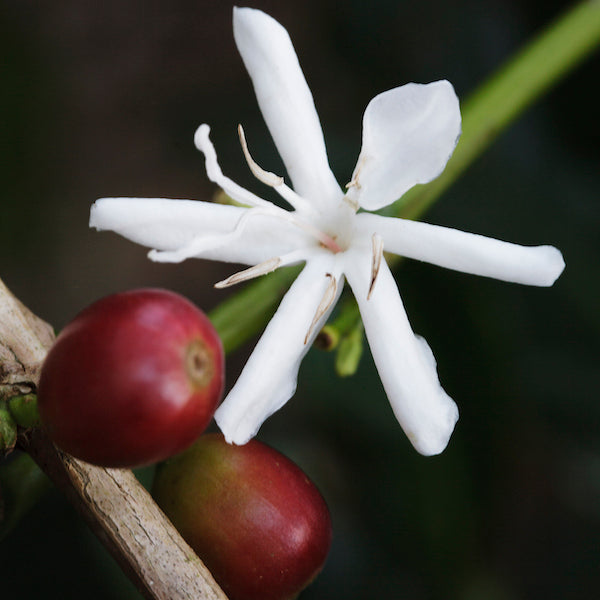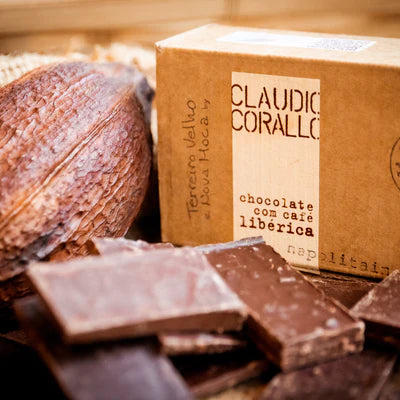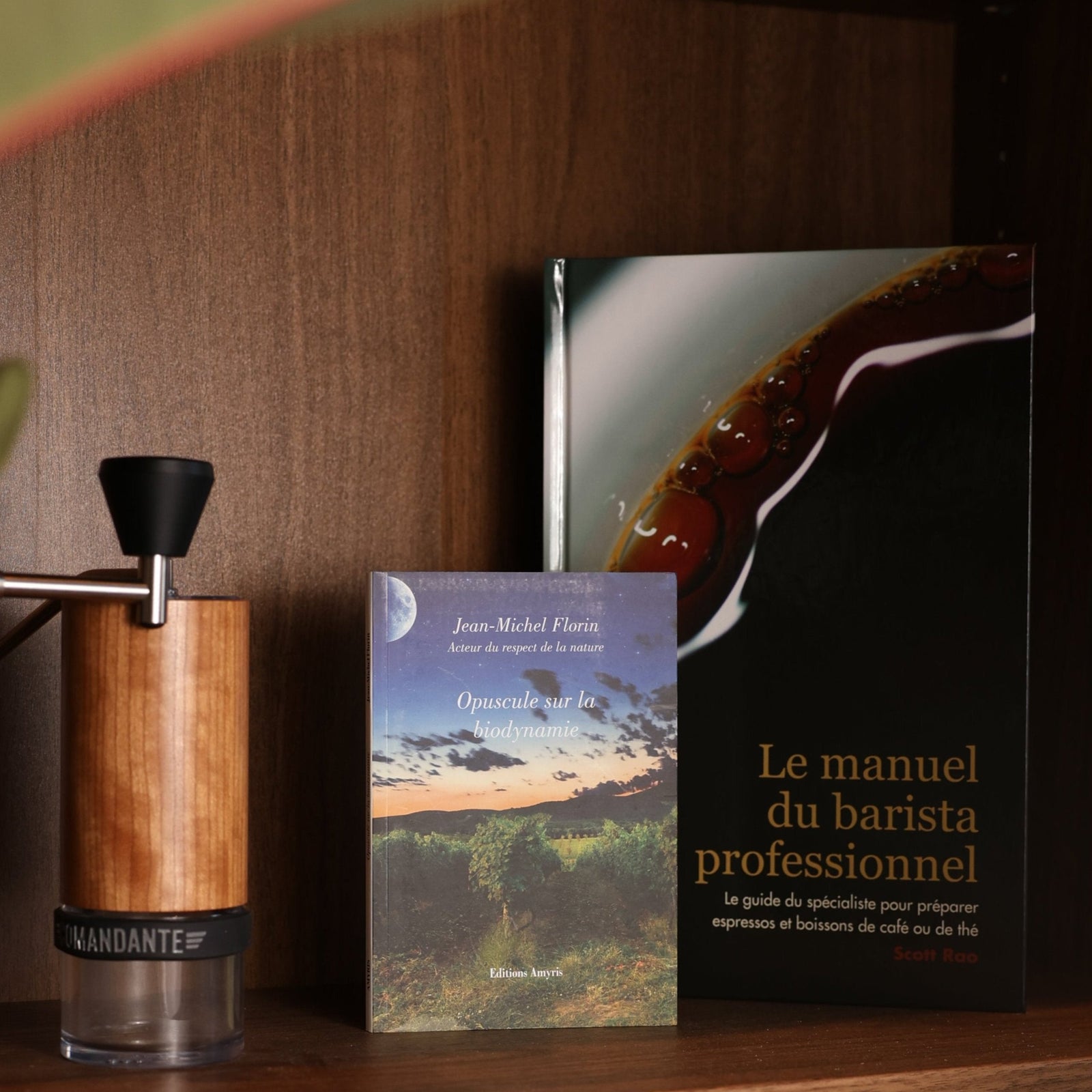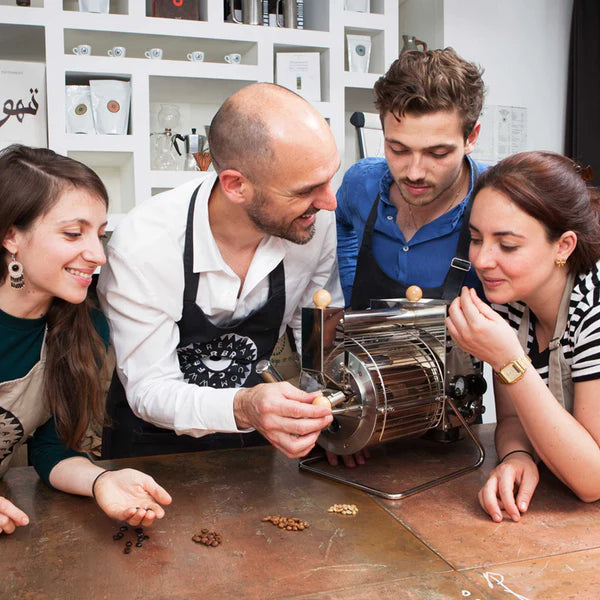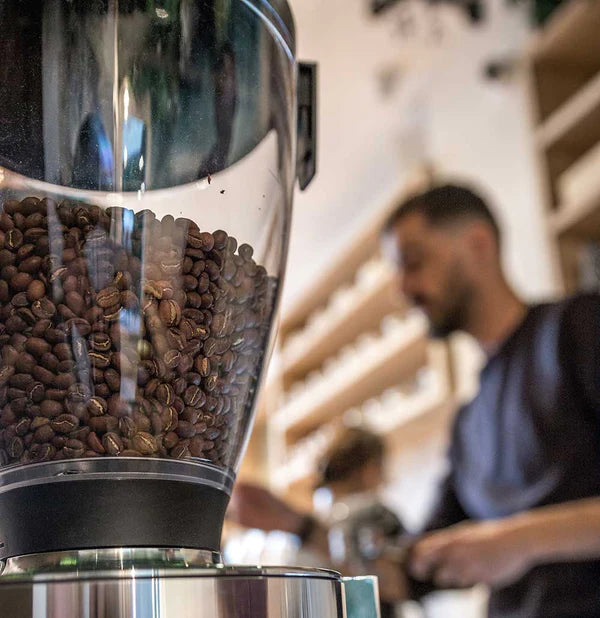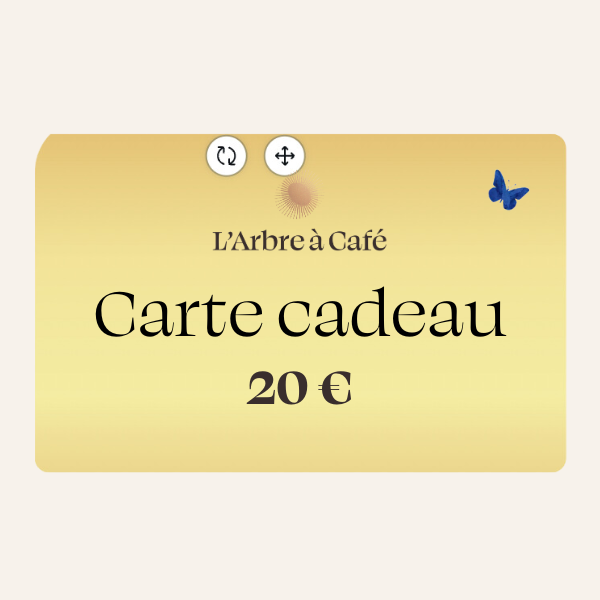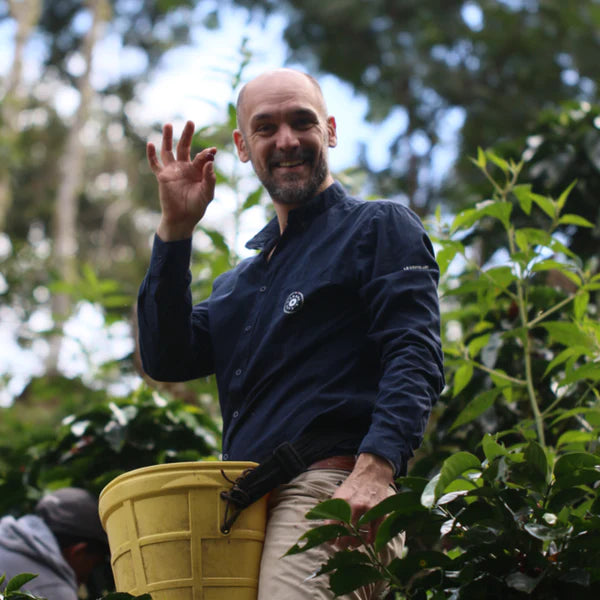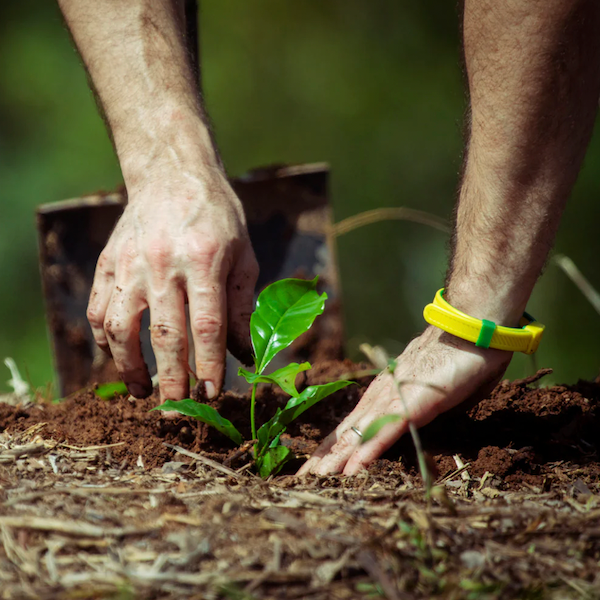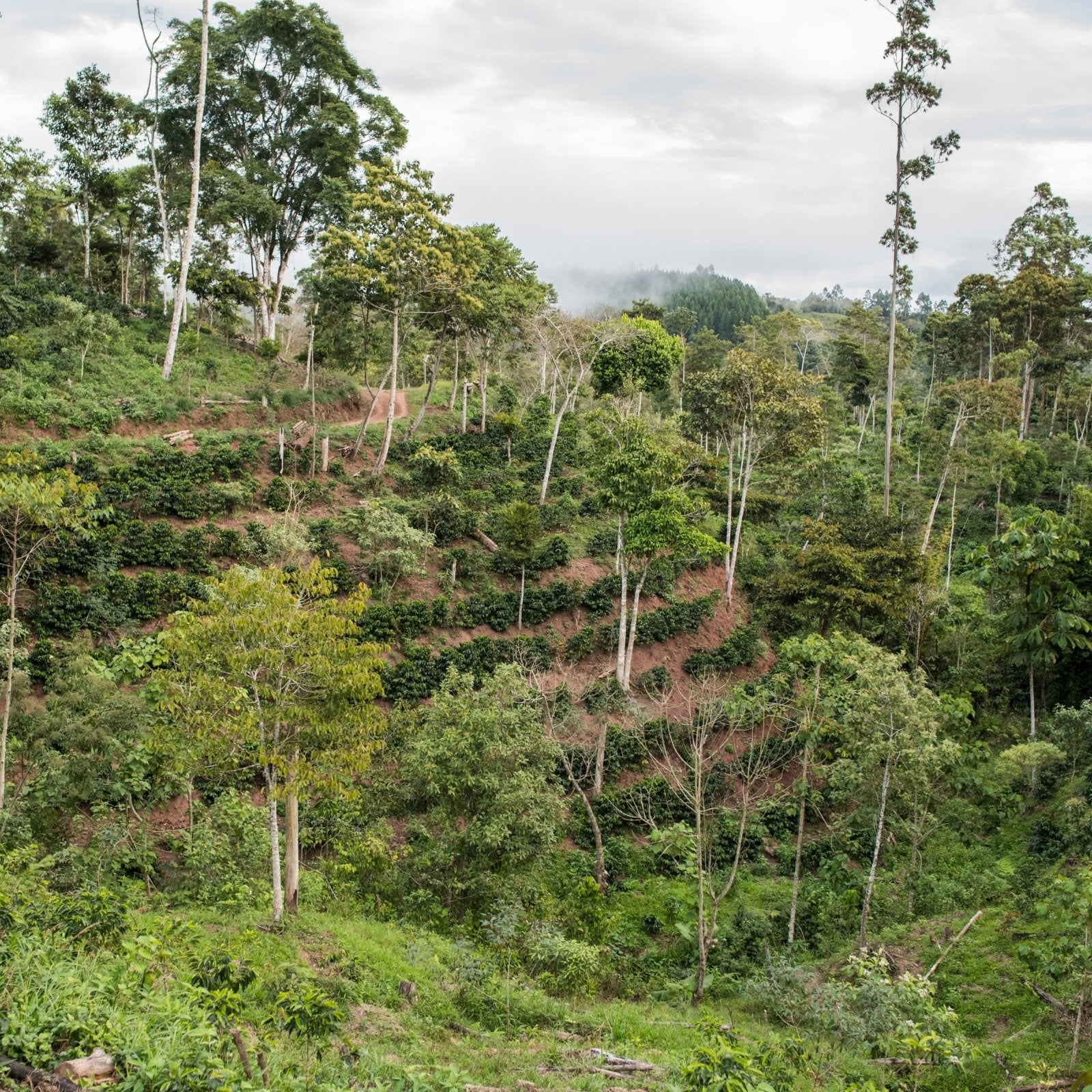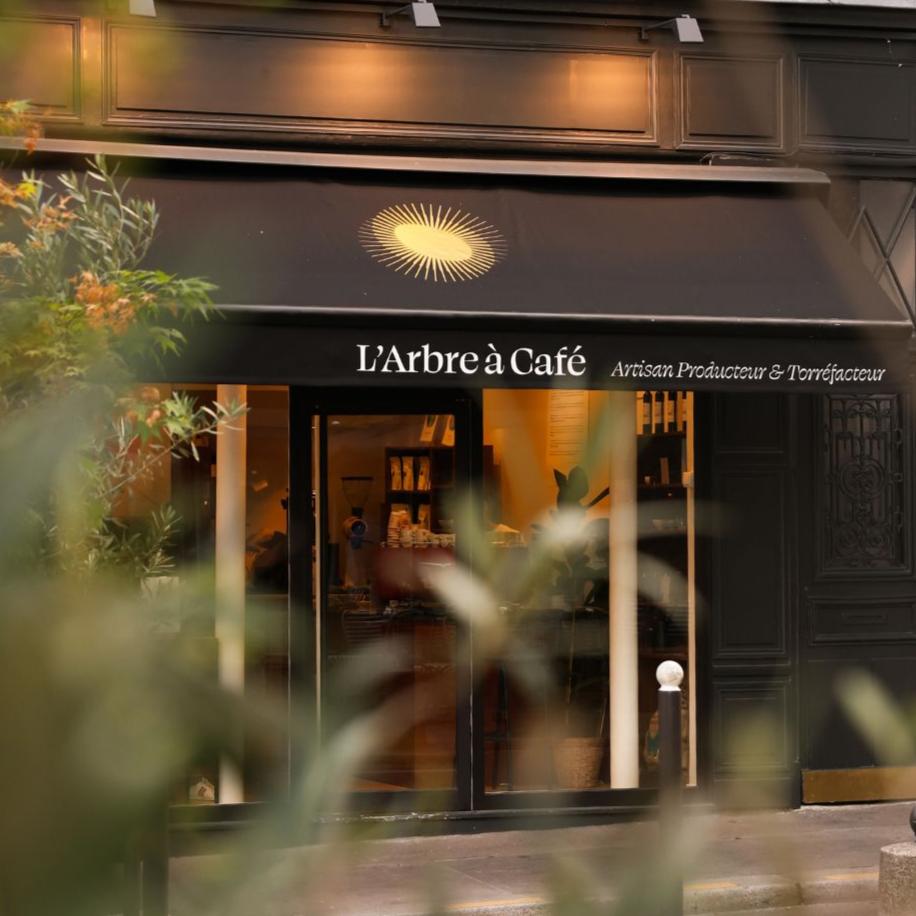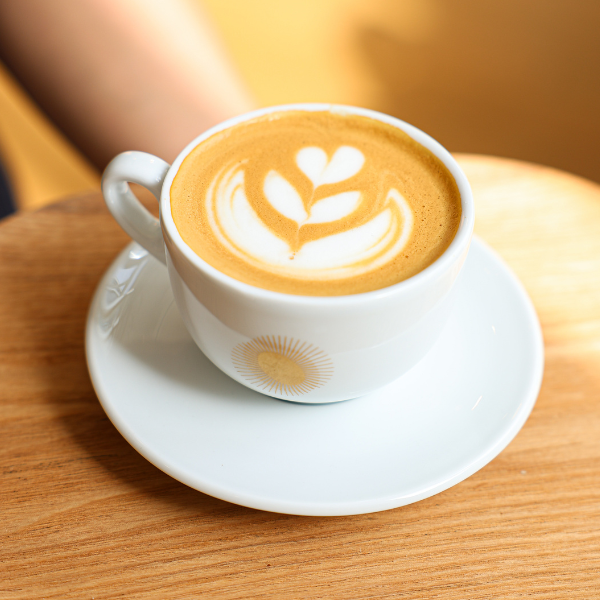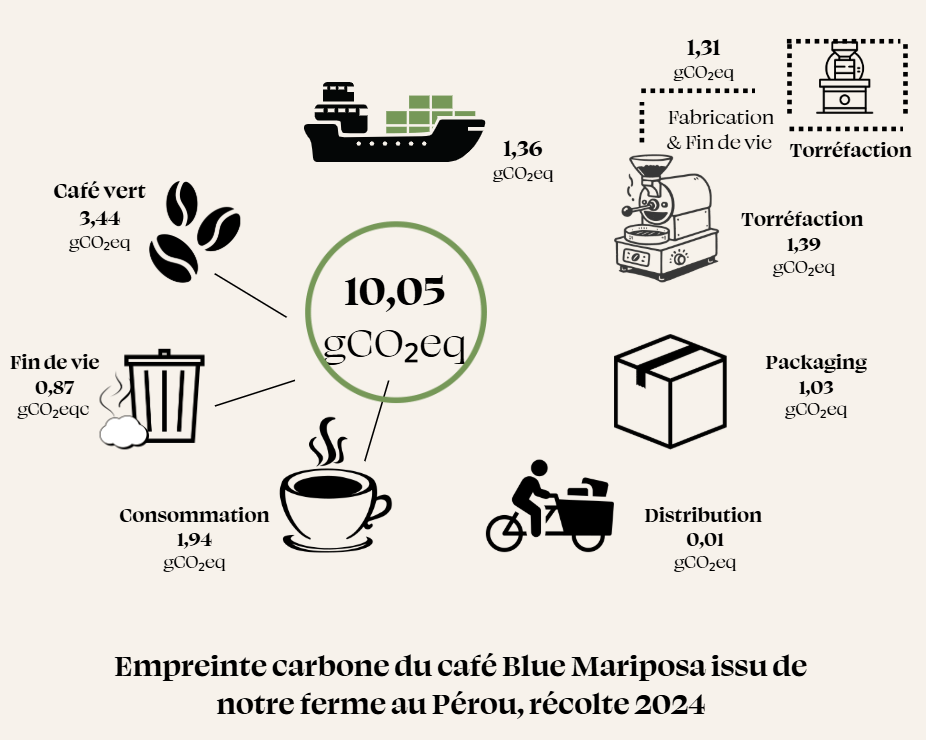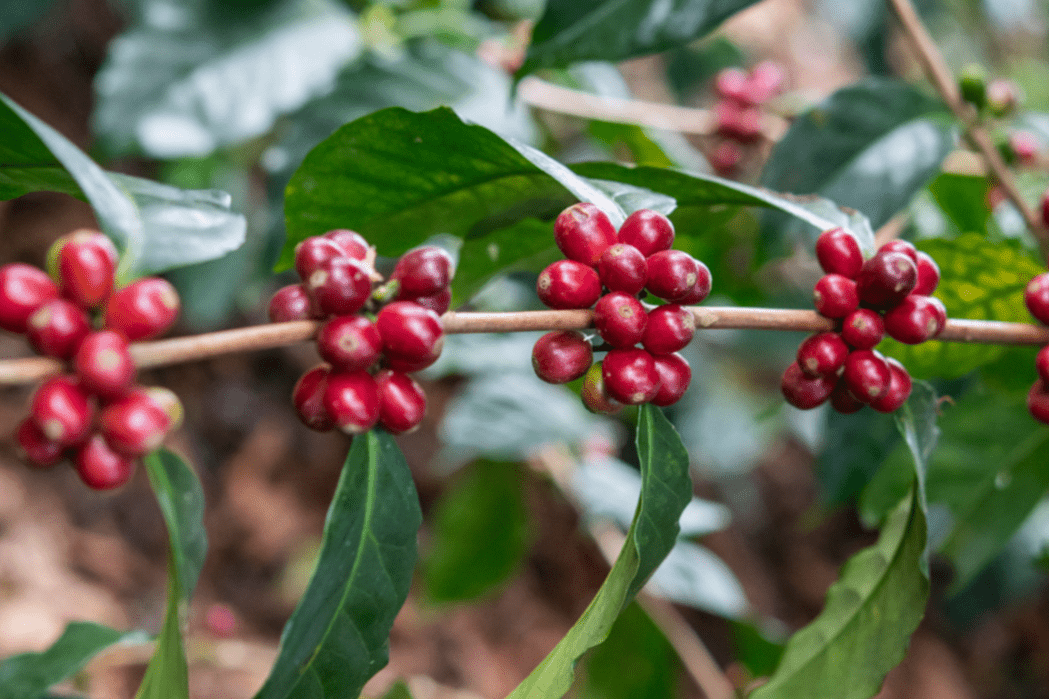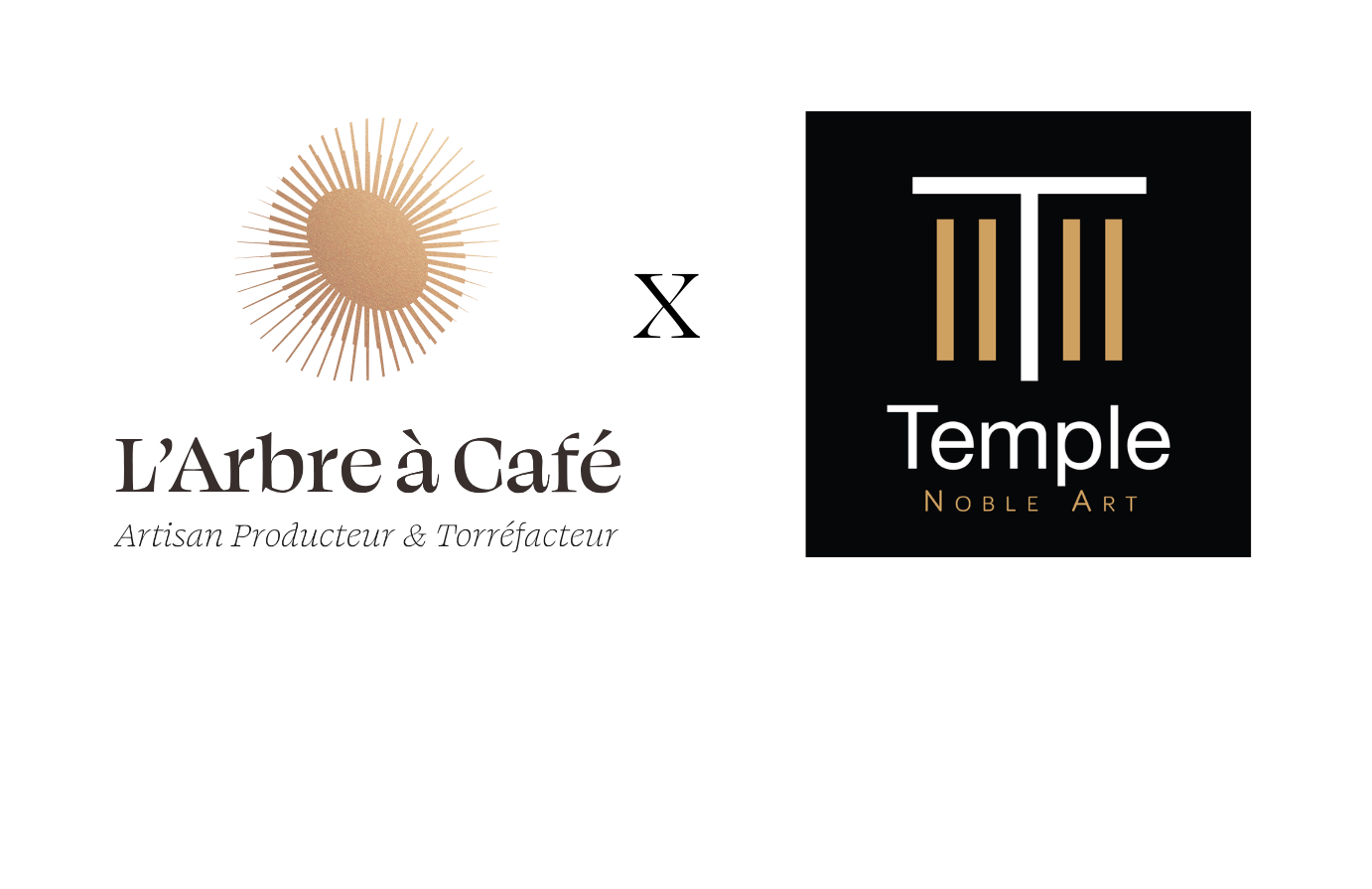Balzac summed up its power this way: "coffee sets everything in motion, ideas rush in like battalions..."One would think that its consumption should be mandatory!
What seems logical, but also surprising today, is that coffee has been banned several times by regimes that feared the debate of ideas, assemblies, and high words.
In 1511, in Mecca, that is to say from the origin of its consumption in the Arabian Peninsula, around 1600 in Rome taxed as the famous "drink of the devil", in 1620 in the Ottoman Empire, in 1675 in England... The history of coffee, and especially of coffee shops, is marked by attempts to prohibit and regulate it by the powers that be, worried about the infringement of public order that was fomenting in coffee shops, with large cups of coffee. Authoritarian regimes have always preferred a drunken people to a caffeinated one.
History has proven them right, since cafés have been the place of seditions and revolutions, such as the Green Dragon Tavern of the Founding Fathers of the American States and Le Procope of the French revolutionaries.
In fact, the founding event of the American Independence and Revolution was the Boston Tea Party. The Tea Party had no other motive than the protest of the local political elite against the British colonial taxation of tea. This revolt against the tax quickly turned into a refusal to consume tea. To tea, symbol of colonial domination and oppression, the founders preferred coffee as a sign of protest. And the movement was such that in less than twenty years, the consumption of coffee per capita was multiplied by 7! And the Fathers of Independence quickly took up residence, not in a tea room, but in a Coffee House, a sort of 18th century Coffee Shop, the Green Dragon Tavern. Both Jefferson and Adams, coffee lovers, urged their fellow citizens during their terms to drink coffee and forget about tea.
The French historian, Jules Michelet, describes the same ebullition that agitated the Procope in Paris, first frequented by the comedians of the French, then by the philosophers. Talking about coffee he writes: "It was drunk by Buffon, by Diderot, Rousseau, added its warmth to the warm souls, its light to the piercing sight of the prophets assembled in "the lair of Procope", who saw at the bottom of the black beverage the future ray of 89."
Moreover, coffee was not the engine of revolution, of liberation, only in the countries of the cup but also in the countries known as the plant, the producing countries.
Indeed, many peasant movements also started with the fluctuations of the coffee prices, which pushed and still pushes the farmers to ruin.
This protest value of coffee is still found, but perhaps in a less violent expression, in more recent times. It was through coffee that the Fair Trade adventure began and the foundation of a label like Max Havelaar. In the 1960s, it was one of the emblematic beverages of the Radicals in the United States and of the anti-Vietnam War activists. It was also political and social justice motives that prompted the founders of Specialty Coffee to organize direct trade (short circuit) and egalitarian exchanges between producers and consumers (Cup of Excellence). It was then at the heart of the Clinton years and the commitment against the North/South divide.
Even today, the success of Specialty Coffees expresses a political will, that of making popular, common and democratic coffee a learned culture. Its followers, often young people, pose as a break from their elders, who, as status symbols, preferred wine, spirits or cigars to coffee, big cars to bicycles, suits to lumberjack shirts, amusement parks to trips to "Origins", patents to collaboration and open source.
In these dark times, it seems so easy to see clearly, that we would like the whole of France to take up coffee, it would undoubtedly see the "ray of happiness" break through.
This article is an extract from the book Café by Hippolyte Courty.
-
Coffees by origin
-
Coffee machines
Art of living
Our promotions
-
-
- Login

